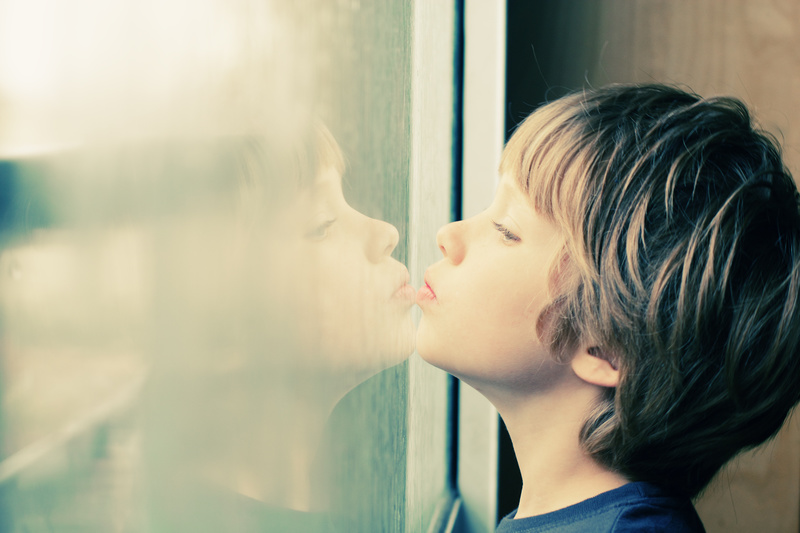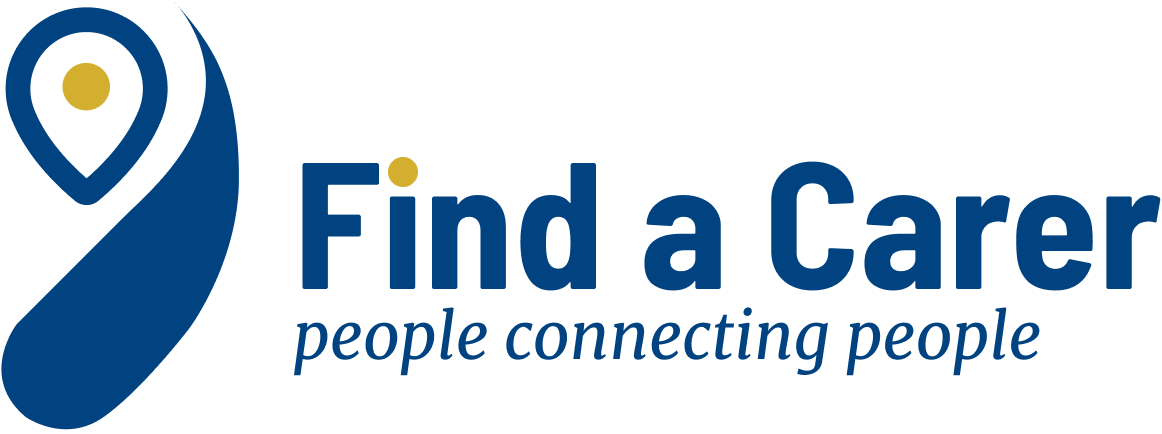Blog - Latest News and Tips About Home Care Services
A Personal NDIS Journey – Introduction
Tagged as: personal journey with ndis, asd, diagnosis, autism, find a carer, ndis.
It is 2022, our country is dropping COVID19 restrictions and everyone is hoping that life can go back to normal. Except that the sense of normality is now so very fragile for many and the challenges with mental health and finances have shifted goal posts. There are now many families with greater challenges who are providing direct care to family members with dementia, autism and physical disabilities just to name a few. Finding a carer near them with the right qualifications is now more challenging especially with various government mandates for vaccinations and a dwindling carer disability worker and nursing workforce.
It is in this landscape that our family has found itself, faced with new challenges – navigating the world of psychologists, occupational therapists, educators and assessment reports; trying to come up to speed with terminology, acronyms and possible solutions.
As a family we are supporting a very bubbly boy, Jack (name changed for privacy reasons), with the biggest smile, who is one of the youngest of a very large brood. As a young child full of excitement and contagious laughter Jack craved attention and was somehow always in the middle of action. Needless to say, he developed great masking techniques to cover up his issues and the three years of COVID lockdowns had prevented the right people in identifying and implementing interventions and developmental strategies.

What is “masking”?
Masking is a term often associated with social behaviours in neuro divergent people. These behaviours vary extensively but are all developed over time to “copy” socially acceptable behaviours within people around them. The process of masking is ultimately exhausting and can lead to bigger behavioural problems, reduced attention spans, broken sleeping patterns, increased stress responses, meltdown due to social overload as well as anxiety and depression.
As time went on his differences with his siblings became more obvious, and with the onset of puberty his broodiness increased and the flare ups began. With school resuming this year, the school began reporting confrontational and oppositional behaviour. Scuffles with other children ensued with followed by calls to collect him from school. It became more difficult for Jack to keep masking and to blend in, more exhausting to deflect attention on to others.
What is “Oppositional Behaviour”?
Oppositional behaviour is often associated with Oppositional defiant disorder (ODD). It is mostly diagnosed in childhood. Children with ODD are uncooperative, defiant, and can become very hostile toward their peers, parents, teachers, and authority figures in general.
ODD is diagnosed in children who are unusually angry, throw tantrums, don’t follow rules, or purposefully harm others and show extreme versions of these behaviours over a significant time versus on occasional basis.
An urgent request for an OT or a psychologist analysis by the school followed to help the teachers identify the best course of action in dealing with the student and understanding his issues. This step was a critical step in our journey as, needless to say, the child had developed amazing masking techniques!
Come along on our journey and our experience with new diagnosis of Autism, ADHD and learning difficulties.
Find a Carer Team Member
Published 12 Oct 2022



